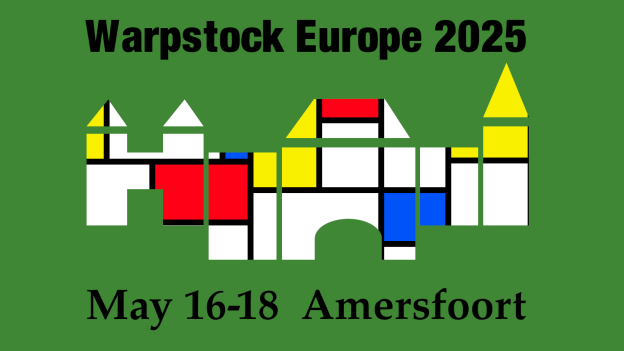If you weren’t able to attend or watch the live stream of the sessions at this year’s Warpstock Europe event in Amersfoort, The Netherlands, you should soon be able to watch the polished, post-production videos linked from the site. There was a lot of great information presented, and of course, a good deal of audience participation and discussion. In all, the event was a tremendous success!
There are currently two annual Warpstock events, run by two separate though coordinating entities: Warpstock, the original event, typically held in North America in the fall, sponsored by Warpstock Corporation, a US 501(c)3 non-profit organization, dedicated to educating users about the use of alternative operating systems; and Warpstock Europe, typically held in central Europe in the spring, sponsored by Stichting VOICE International, a Dutch non-profit entity.
If you’ve never attended a Warpstock event, the experience is unique. You get to spend time one-on-one with not only like-minded users, but with the developers shaping the OS/2 landscape and the engineers supporting it. There is plenty of time outside of actual classroom sessions to relax and exchange ideas, request improvements and new features, and to break out into smaller groups for ad hoc discussions.
The next Warpstock event is scheduled for Friday, November 7 through Sunday, November 9, 2025, in Little Rock, Arkansas, USA. Early registration is now open, providing a generous discount for those who register for the full conference before August 1. Once again, some of the Arca Noae staff will be on hand to present roadmap and how-to sessions, as well as others with various areas of expertise.

